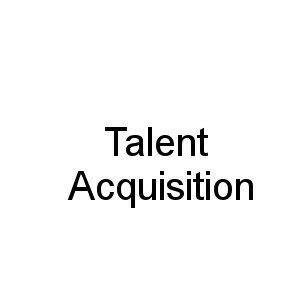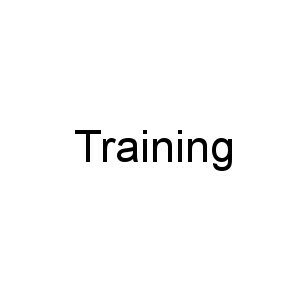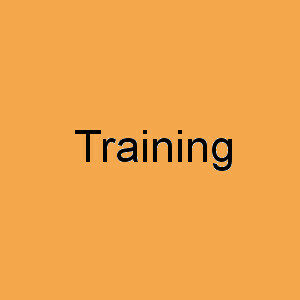Future Manager World - South Korea
Planning Future - Acting Present
One single simple Mission: supporting Companies HR needs Worldwide
APAC - EMEA - IMEA - LATAM - USA & North America
South Korea

Ivy (HyeYang) Kim has over 23 years of experience and is a well-known representative of the recruitment industry in Korea.
Ivy joined UnicoSearch in 2000 and became a Managing Director of Industrial & Resources Division specialized in manufacturing, Automotive, Chemical, Electronics, Energy and Semiconductor industry sectors. she has built proven success track records and a good reputation in the recruitment market.
In 2016, Ivy took over UnicoSearch from the founder and became the CEO of the company.
UnicoSearch started the first executive search service in Korea in 1984 and has achieved the greatest Client/Candidate satisfaction through the most professional and reliable service. Ivy is leading UnicoSearch by focusing on 5 core values: Reliability, Innovation, Professionalism, Fun, and Success. She has been certified as ‘The Best Employment Service Provider’ and ‘Great Places to Work for.’
Ivy majored in Political Science and International Relations at Ewha Womans University, Seoul, Korea. She completed a Business English course at San Diego State University, USA. Prior to joining UnicoSearch, she worked with Rohm & Haas Korea, a US-based multinational chemical company. She lectures at Ewha Womans University Business School as a CEO adjunct professor. She is in charge of an advisory role for a Korean Economic magazine, ‘Economist’.

Ivy Kim
Joseph Roarty is from UK and has over 6 years of Talent Acquisition experience within Korea, holding a unique position as one of very few non-Koreans in the local market.
Joseph joined Unico Seach in 2019 and has worked his way up from Sr. Talent Acquisition Consultant to Director and is part of the Industrial & Biotechnology team. Managing Local and Global clients, and leading the search process also, he can handle a wide range of industries including Manufacturing, Semiconductor, Chemical, Bio, Energy, IT, Software etc.
Joseph believes that total care and commitment must be given to both clients and candidates very step of the recruitment
process. He says the building blocks of being a trusted Talent Acquisition Consultant are sincerity, grit, coordination and open
communication.
Joseph majored in Biology/Zoology from the University of Glasgow, Scotland, UK. After a brief spell working in customer service roles in UK he moved to Korea and studied an MBA at Sogang University in Seoul. Since 2018 he has been building up his knowledge and capabilities as a trusted recruiter working within the Korean market.

Joseph Roarty
Ready to find out more?
Contact us today and talk with our South Korea Global Expert!
Planning Future
Capabilities:
Corporate: Entrepreneurial Succession, Managerial Succession, Change Management, Compensation & Benefit Analysis, Management Relocation, International Employer Branding planning
Talent Acquisition: C-Level Executive Search, Middle Management Executive Search, Existing top and/or existing middle potential assessment programs, Pre-employment aptitude and personality testing programming, International Graduate Recruitment Programs
Flexibility: Temporary Management, HRPO Human Resource Process Outsourcing, RPO - Recruiting Process Outsourcing, White Collar Outsourcing, Payroll Calculating
Training - Future Manager Business School
Industries:
Financial: Private Banking, Investment Fund, Banking Technology, Corporate Banking, M&A, Consumer Financing, Mortgage
Industrial: Aeroespacial, Automotive, Agribusiness, Aviation, Chemical, Energy, Building, Manufacturing, Oli & Gas
Hi Tech: Software Networking, Telecommunications, Platforms
Roles and Functions:
Board: Ceo, Indipendent board member
Financial: Global Chief Financial Officer, Global Chief Treasury Officer, Global Chief Controlling Officer, Country Chief Financial Officer, Country Chief Treasury Officer, Country Chief Controlling Officer
Marketing: Global Chief Strategic Marketing Officer, Global Chief Operational Marketing Officer, Country Chief Strategic Marketing Officer, Country Chief Operational Marketing Officer,
Sales: Global Sales Officer, Country Sales Officer
Supply Chain: Global Chief Supply Chain Officer, Country Chief Supply Chain Officer
Human Resources: Global Human Resource Director, Global Recruiting Director, Global Development & Training Director, Country Human Resource Director, Country Recruiting Director, Country Development & Training Director
Information Technology: Global Chief Information Officer, Global Chief Digital Information Officer, Global Chief Technology Officer, Country Chief Information Officer, Country Chief Digital Information Officer, Country Chief Technology Officer











